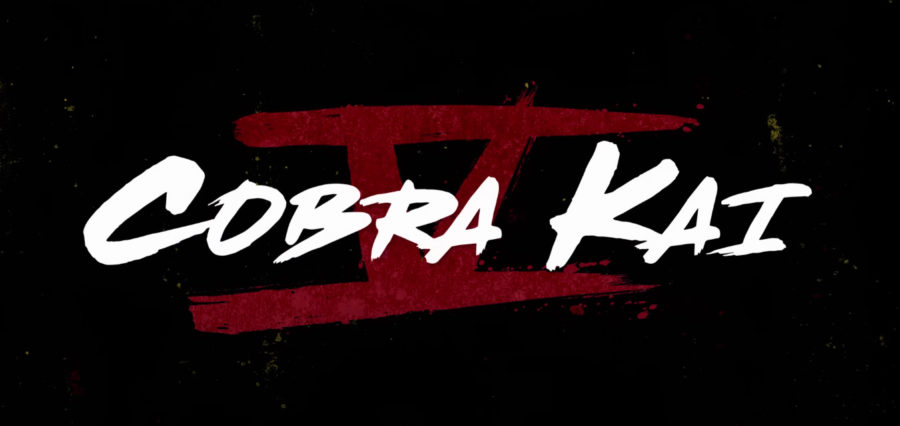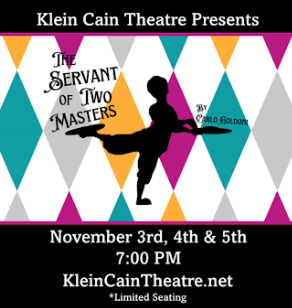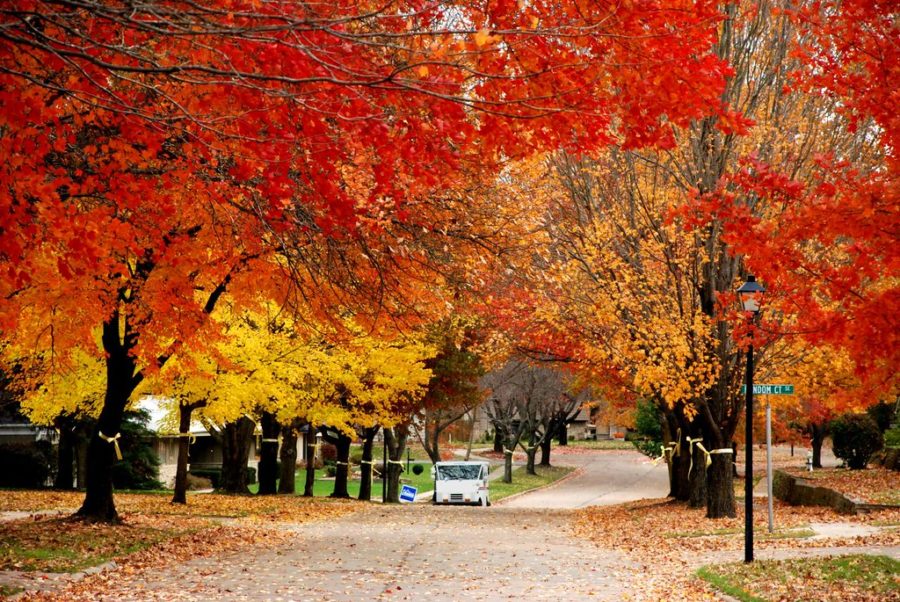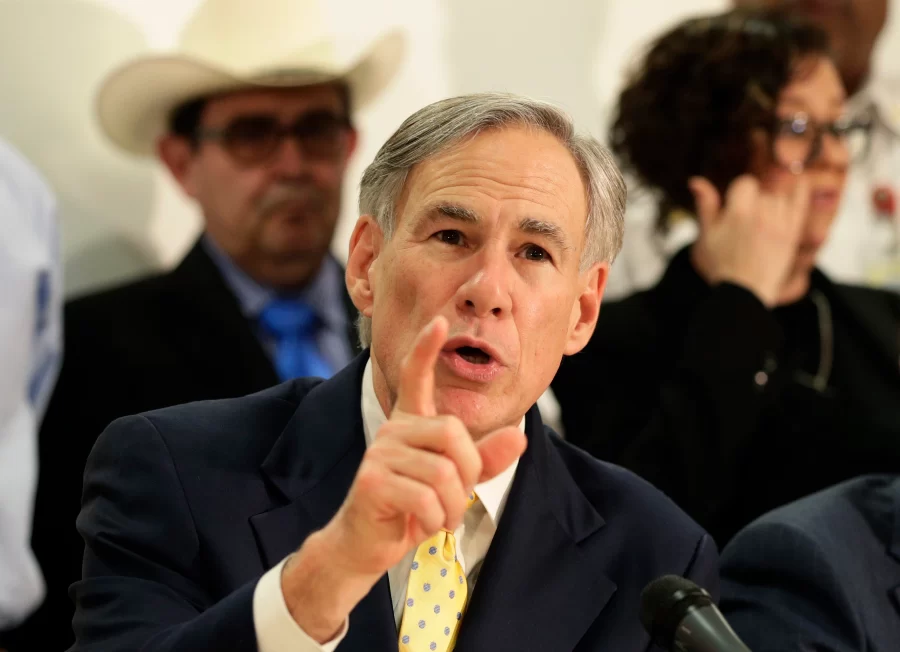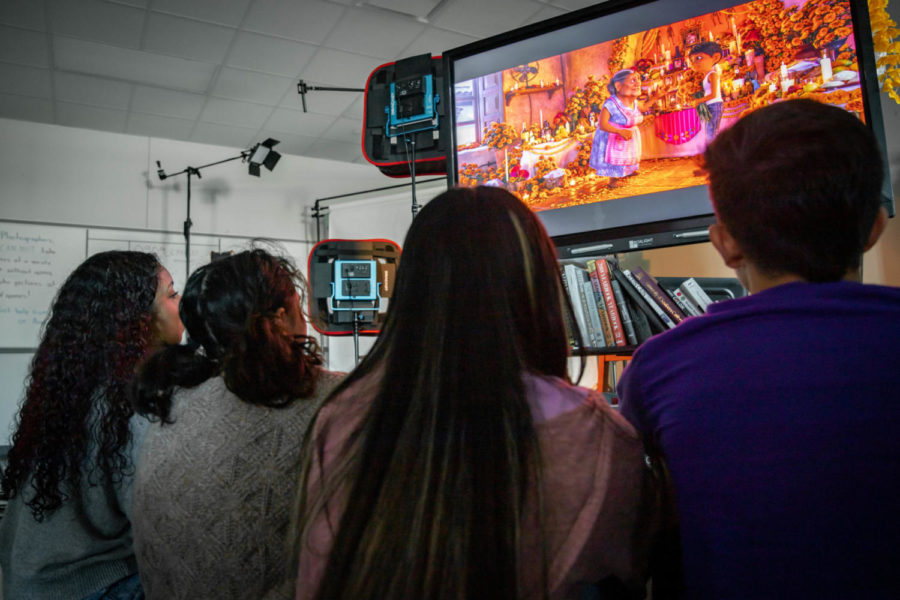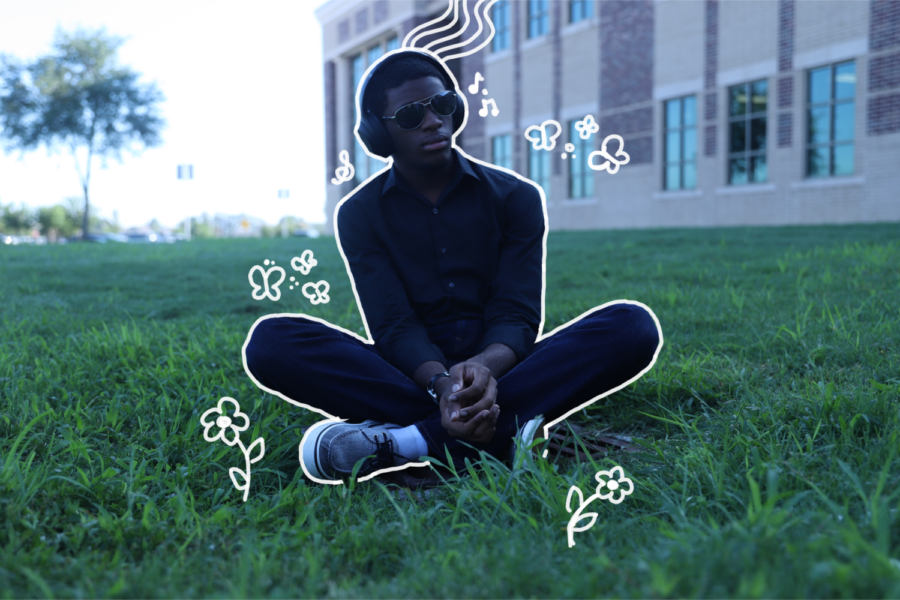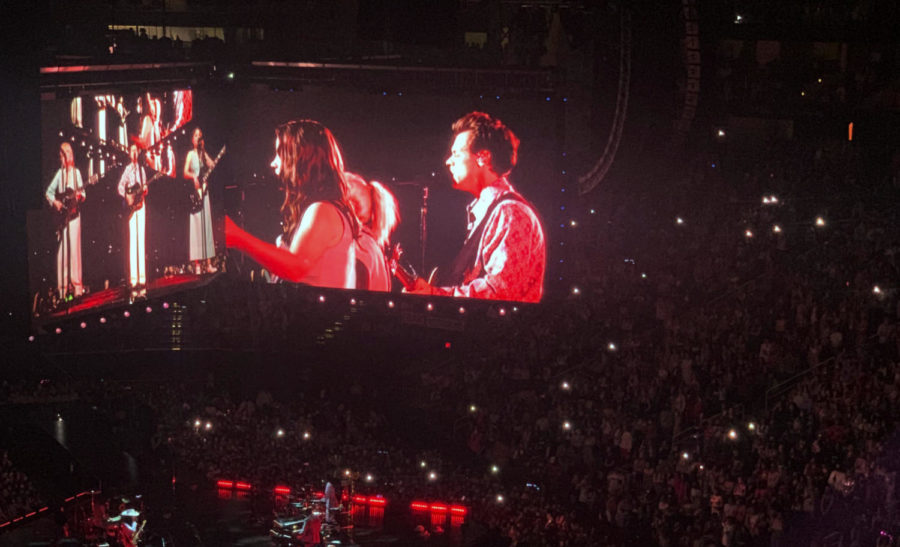When reboots became a major trend in the film industry around 2016-2017, they were met with overwhelming support; reimagined films like IT: Chapter 1, and Jumanji: Welcome to the Jungle were seen as hits by the general audience, and they were seen as fresh new takes on classics.
It was somewhere between Girl Meets World and The Batman where this running success trickled to a stop. Around post-quarantine, these cash cows of re-creation became far too prevalent in theater releases.
“There’s no plot, it just references after references to the original,” said Caden Leonard.
Admittedly there were some creative renditions of classic films; IT and ICarly were met with good reviews all around as funny, engaging, reimagined takes on classic shows and movies. ICarly broke free from the reboot mold and created a show that grew with its original audience while catering to new viewership.
“For me, reboots show that the story didn’t end with the original show…,” said Kaitlyn Grice.
But it seemed that besides the few decencies amongst the hundreds of reboots that have come out, these exhaustive repetitions are nothing more than tired, boring storylines with better quality cameras and a former child star trying to get back into the limelight. Take the Netflix hit Cobra Kai for instance; Ralph Macchio and Billy Zabka, once 80s heartthrobs and now just middle-aged men fighting in…a children’s karate war?
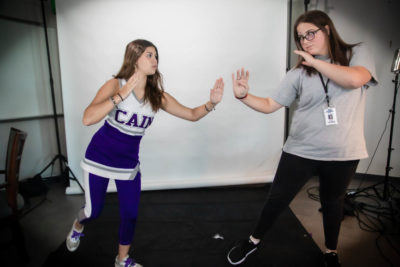
Reboots have used the same monotonous formula over and over again: overuse of tropes, pseudo-woke political ideals, and jokes fit for three-year-olds. Instead of a fresh look on a classic, it just ends up ruining the original even more than just leaving it in the dust.
Another genre of reboot you can find in this dumpster fire of a cash grab is the Disney movie live-action reboots. A traditionally “darker” take on a beloved original that just can’t accomplish as much as they could with animation.
“Most things are best done in animation, and it doesn’t hit the same with live action- they can’t do as much,” said Xamora Sanchez.
And it’s not just reboots, it’s when they make sequels 20 years later to provide a “new ending” or a “fresh take.” On one side you have Top Gun: Maverick, with critics and audience reviews finding it an enjoyable movie with many callbacks to the original that keep audiences entertained. On the other end of the spectrum, you have the Star Wars sequels; which, when leaving the theater after Rise of Skywalker, viewers had no choice but to think, “they tried.”
The hype of reboots started out fun, as it was nice to look back on originals and see new takes on them. But after a while, it became obvious that they just became desperate cash grabs for studios. They’re tired and old and need to be stopped.


